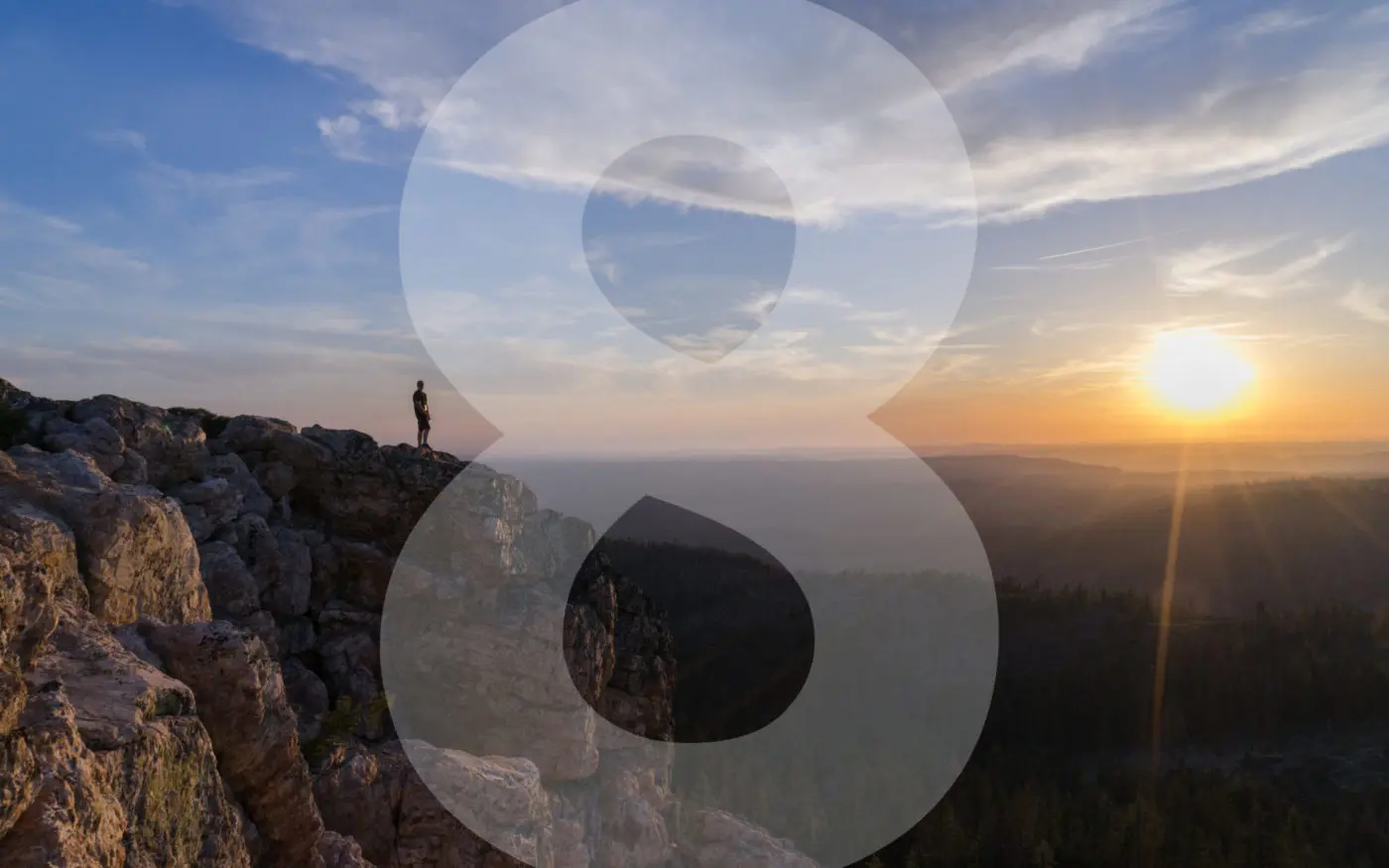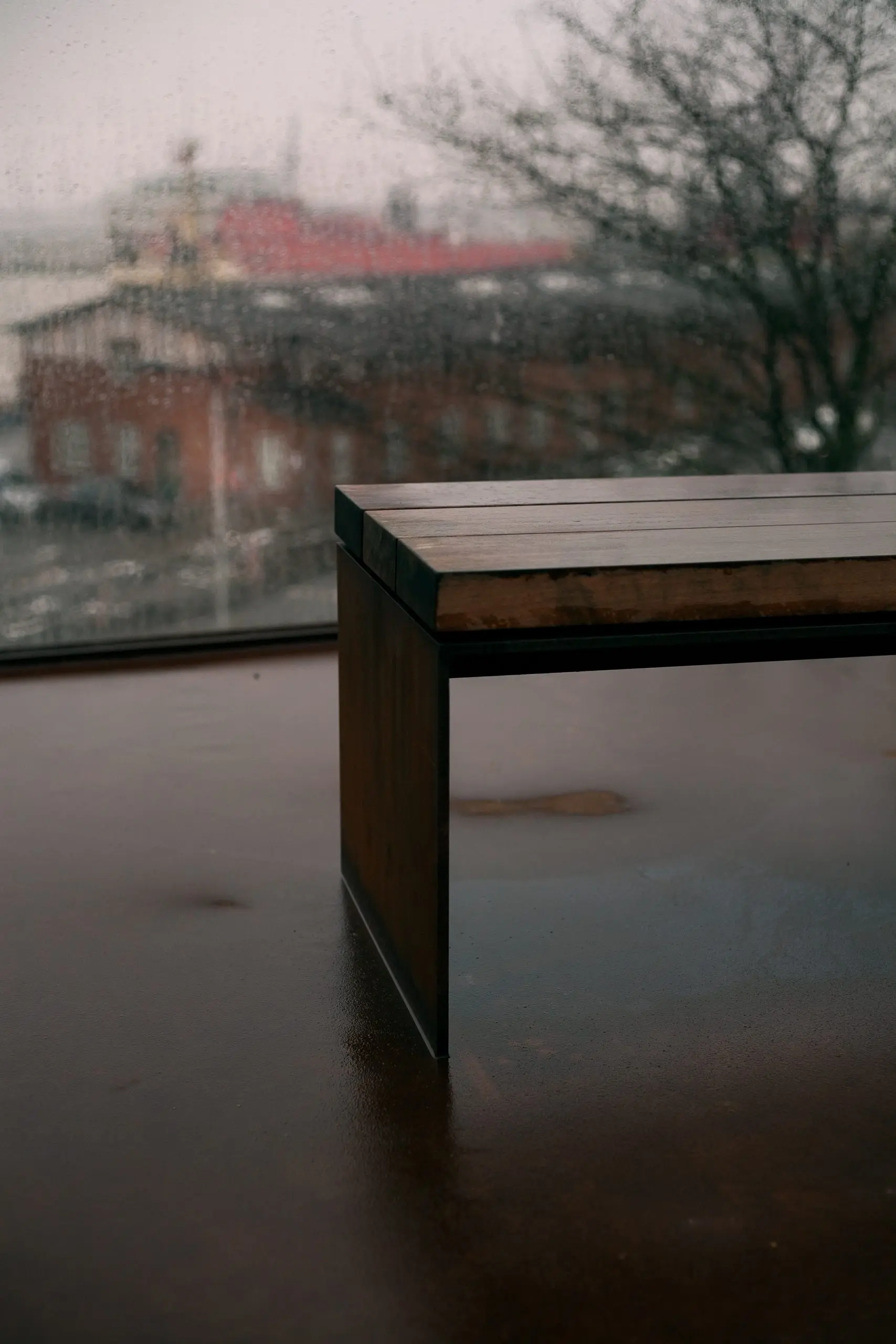This is the final in an eight-part series based on a Wednesday morning teaching by Ken Boa in 2018. Watch the full, original teachings here. [vector_icon icon=”fas fa-video”]
When asked at the end of their lives what they would have done differently, people who are older—95 or above—seem to give three consistent answers:
- I would have reflected more.
- I would have taken more risks.
- I would have tried to do more things that would last.
The eighth spiritual essential focuses especially on this third answer—living each day well, as if it’s your last.
This Passing World
Paul tells us, “Look not at the things which are seen, but at the things which are not seen; for the things which are seen are temporal, but the things which are not seen are eternal” (2 Corinthians 4:18). When you get older, you understand the truth of this more and more.
Many people miscalculate the brevity of life and the length of eternity. They put their hope in Jesus for their eternal destiny, but they put their hope in the world for everything else—security, significance, and satisfaction. They forget that this world is passing away and that the most real world—the one that will endure—is the heavenly one that is as yet unseen.
Many people miscalculate the brevity of life and the length of eternity. They put their hope in Jesus for their eternal destiny, but they put their hope in the world for everything else.
—Ken Boa
To leave each day well, we need to see ourselves as sojourners, pilgrims, strangers, wayfarers, and exiles in this world. This is how the great men and women of faith in the past saw themselves:
All these died in faith, without receiving the promises, but having seen them and having welcomed them from a distance, and having confessed that they were strangers and exiles on the earth. (Hebrews 11:13, italics added)
This world is not our home; our citizenship is in heaven. Part of our mission, then, is to treat every day as if it were the last, because only then will we leave this world with eager anticipation and without regret.[note]To some degree, we’re all bound to live with some regrets; however, I’m talking about the deep kind of regret that stems from a longer track record of squandering the time God gave you, of knowing the good you could’ve done but didn’t do it.[/note]
Every day God gives us certain opportunities we’ll never get again, and so it’s wise to embrace the precious present. None of us can presume we have tomorrow. Thus, we are wise to “redeem the time” (Ephesians 5:16) and “number our days” (Psalm 90:12).
Eighteenth-century Anglican priest William Law, in A Serious Call to a Devout and Holy Life, asked readers to imagine how a person’s life might change if they knew they had five fixed years to live. As I wrote in Life in the Presence of God, “Many of us have talked about this kind of exercise, but how many of us have actually dedicated time and attention to considering it and then lived accordingly?”[note]Boa, Life in the Presence of God: Practices for Living in Light of Eternity (Downers Grove, IL: IVP, 2017), 164.[/note]
Scripture points to the foolishness of presuming we even have one day, much less one year or five:
Come now, you who say, “Today or tomorrow we will go to such and such a city, and spend a year there and engage in business and make a profit.” Yet you do not know what your life will be like tomorrow. You are just a vapor that appears for a little while and then vanishes away. Instead, you ought to say, “If the Lord wills, we will live and also do this or that.” (James 4:13–15)
Pursuing What Lasts
As a quote often misattributed to St. Augustine (but nevertheless wise) says: “We must care for our body as if it’s going to live for 100 years, but we must care for our soul as if it it’s going to die tomorrow.”
The fact is, our earth suits are wearing out, and none of us knows how much longer we have on earth. Will you live each day fully and well, for things that will last beyond this lifetime, or are you assuming you have all the time in the world to get your priorities and relationship with God right?
Will you live each day fully and well, for things that will last beyond this lifetime, or are you assuming you have all the time in the world to get your priorities and relationship with God right?
—Ken Boa
Nothing in this world, even if we are totally “successful” (as the world defines it) will ever be all it’s cracked up to me; it will never satisfy. That is a lesson of the life of King Solomon and the book of Ecclesiastes. Solomon had every earthly blessing we can possibly imagine—health, wealth, wisdom, pleasures, and achievements aplenty; and yet, he rendered it all meaningless, vanity, a chasing after the wind. Whatever we try to fill ourselves with, it’s never enough: “the full stomach of the rich man does not allow him to sleep” (Ecclesiastes 5:12b).
Wouldn’t it be an awful thing to come to the end of your life and realize that you gave your life in exchange for the trivial, for tinsel or tinfoil instead of (metaphorical) silver or gold? We all give our lives in exchange for something. If we give our lives in exchange for what God declares to be important, we’ll live wisely and well, with no deep-seated regret, and with the prospect of a more glorious eternity than we can possibly think or imagine.
[panel style=”info” text_align=”center”]”Christianity preaches the infinite worth of that which is seemingly worthless and the infinite worthlessness of that which is seemingly so valued.”
—Dietrich Bonhoeffer[/panel]
Apply
- Consider each day as a mini life: Consider each day as a mini life: waking is your birth, going to bed is like death, and the middle hours are the dash between your years on earth. Live with this mindset, instead of always dwelling on future days. This is not intended to be gloomy or morbid but realistic and wise, ensuring death does not find you unprepared.
- Don’t leave unfinished business: If you haven’t spoken your love to people, what are you waiting for? If you haven’t spoken your gratitude, why delay? If you haven’s reconciled, why wait? It’s amazing how our dealings with others changes when we don’t presume upon the future.
We hope you enjoyed this series! Share this series with others by sharing this link.



